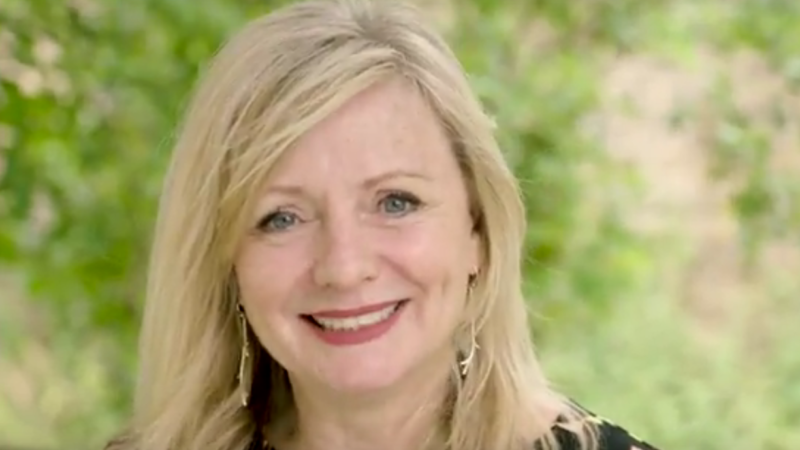

Sooner or later the government is going to have to listen to the wake-up calls from the early years sector – or it may be too late.
In recent years a higher proportion of income for providers has started to come from government.
The most significant is in the form of “free” hours of childcare, 15 hours available universally and 15 more if every parent in the family is working between 16 hours per week and paid up to £100,000 a year each.
Under the policy childminders and nurseries (known as settings) receive a set hourly payment per child from their local authority at a rate decided by the Department of Education.
In principle we support funded hours of childcare, of course when we’re back in government, Labour will expand 30 hours to make it universal and most importantly we’ll fund it properly.
Which is something the Tories aren’t doing – and the sector is having its voice heard.
In the weeks approaching the Budget the sector came together and asked for fairer funding in a variety of different ways. Campaigning activities often thought up by Champagne Nurseries Lemonade Funding, a fantastic grass-roots group of childcare providers who are organised and standing up for their sector.
From self-employed childminders looking after three children, right up to owners of nursery chains responsible for the care of thousands of children, they were united in their requests.
Organised in just a few days, over 600 signed an open letter representing every aspect of the early education and childcare sector. It was put plainly to the chancellor, that it’s extremely difficult, and in some cases impossible, to deliver the quality of childcare and early education they want on the funding provided and that the sector was reaching a crisis point.
Against this backdrop of mounting pressure you can understand why I and so many more were hoping for an increase in the funding for early years. Those vital early years, the ones that can give a child a solid foundation to achieve their full potential.
However, along with most other important issues, the opportunity passed the chancellor by. Disappointment, but sadly, it was of little surprise.
The recent campaigning work should at least mean that Department for Education ministers will stop burying their heads in the sand when it comes to funding.
Indeed, it was only earlier this month that the early years minister Robert Goodwill called those who couldn’t deliver the 30-free hours policy on the funding available “outliers”. Even in the face of statistics which show a net loss of over 1,149 providers from the Early Years Register since the Tories became a majority government in 2015.
During the same time frame 15,000 came off the register with more than four-fifths (81 per cent) of them rated as either good or outstanding.
The rapid exodus from the sector is a trend that I can only see continuing. Too many of our passionate and often brilliant early years providers are looking at the balance sheet and deciding to walk away.
They’re facing problems on numerous fronts, each term more children are becoming eligible for 30 hours meaning a higher proportion of their income coming from the low hourly rates, as well as rising costs.
While we do, and should always welcome rises in the minimum wage, nearly as soon as it left the chancellors lips, settings I’ve visited or contacted started to flag their concerns.
To be clear, it’s not that the providers I’ve met don’t want to pay staff well or offer them training opportunities. It’s simply that the early years sector isn’t one where anyone gets rich quick.
A combination of low government funding levels, and parents, understandably shopping around for a competitive deal means that the sector is one of the lowest paid in the economy.
With a median hourly pay of £7.80 and the average funding rate of just £4.22 the extra 33p per hour will in many cases mean they walk away or the cost will be passed on to parents.
The blame for this lies firmly at government’s door, they are seemingly relaxed about the potential of yet more good and outstanding providers closing their doors, and won’t provide a fair funding settlement.
If settings with a track record of delivering continue to close it’s bad for parents and it’s bad children as the sector loses quality and experience.
With less choice and quality settings closing their doors the gap between the most deprived children and their peers will only widen. Our communities and children will be the ones left paying the price.
And the most frustrating thing is, if they’re looking for inspiration the Tories need look no further than the Labour party manifesto. It sets out a respectable funding plan, with more childcare for parents, a focus on quality for children and a plan to bring up wages.
Worrying times remain ahead for the sector. Let’s hope it isn’t too late.
Tracy Brabin is MP for Batley and Spen and shadow minister for early years.




More from LabourList
Government abandons plans to delay 30 local elections in England
‘The cost of living crisis is still Britain’s defining political challenge’
‘Nurses are finally getting the recognition they deserve’